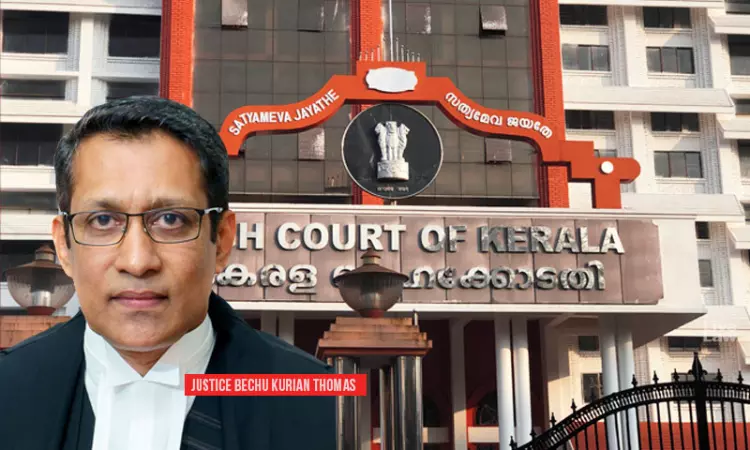Sitting On Business License Renewal Applications For Long Can Pave Way For Corrupt Practices: Kerala High Court
Navya Benny
14 Dec 2022 12:30 PM IST

Next Story
14 Dec 2022 12:30 PM IST
The Kerala High Court has expressed concern over the tendency of state authorities to sit on business renewal license applications, which in turn disrupts business activities and may pave way for corruption.Justice Bechu Kurian Thomas while quashing the FIR registered against M/S Aditya Finance, a hire-purchase business entity regulated under the Kerala Money Lenders Act, 1958 said,"A licensee...
